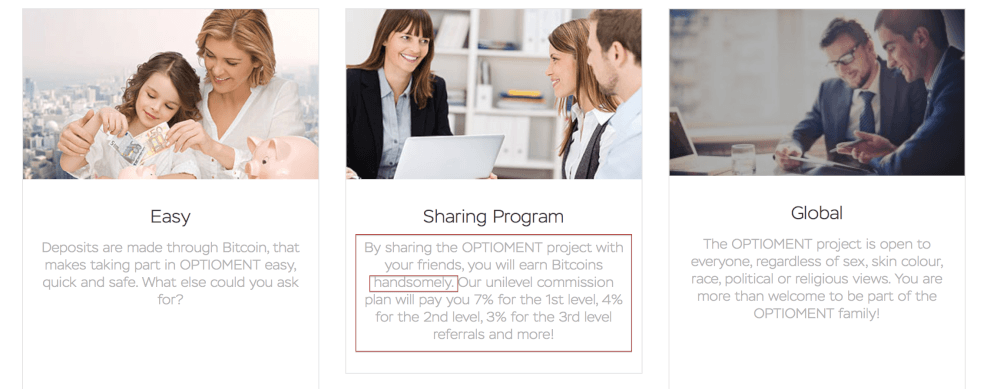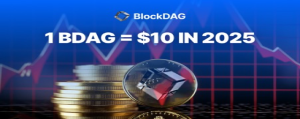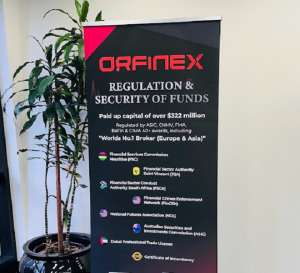“Earn Bitcoins handsomely”? Austrian Prosecutors go after OPTIOMENT
The Austrian Financial Market Authority refers the case of OPTIOMENT to the prosecutors in Vienna.

Authorities worldwide are getting harsher against cryptocurrencies and scams associated with activities related to Bitcoin and its likes. The latest example comes from Austria, where, earlier today, the Austrian Financial Market Authority (FMA) confirmed action is being taken against the OPTIOMENT project.
In an announcement on its website, the FMA says that after receiving multiple complaints relating to OPTIOMENT, it has decided to refer the case to the Public Prosecutor’s Office in Vienna. It is up to the prosecutors to examine the complaints now.
OPTIOMENT, which has been promoted widely online, as “a premier global Bitcoin investment project”, has also been blasted for being a Ponzi scheme.
The website of the entity, which is now inactive, claimed that “By sharing the OPTIOMENT project with your friends, you will earn Bitcoins handsomely. Our unilevel commission plan will pay you 7% for the 1st level, 4% for the 2nd level, 3% for the 3rd level referrals and more!”.

The website said that Optioment is a private Costa Rica-based Bitcoin fund, with its team consisting of “well-educated and seasoned professionals with deep knowledge of Arbitrage Trading and markets”. Misleading claims on the website concerned artificially high gains and safety of deposits.
The actions of the Austrian authorities come as concerns over crypto scams are on the rise. The UK Financial Conduct Authority (FCA) has earlier this week issued another warning to the public about the risks associated in investing in cryptocurrencies.
A recently held workshop organized by Europol, INTERPOL and the Basel Institute on Governance has seen the agencies agree on accelerating their efforts to combat the misuse of cryptocurrencies by criminals and terrorist financiers to launder money and support other criminal activities.
In particular, the participants agreed to:
- Increase information sharing in the field of money laundering and digital currencies through the use of channels such as Europol, INTERPOL, the Egmont Group and FIU.net.
- Regulate digital currency exchangers and wallet providers under current anti-money laundering and counter-terrorism financing legislation in line with obligations already pending with the financial sector.
- Adopt a clear definition of concepts such as cryptocurrencies, digital currency exchanger, wallet provider and mixer for them to be included in the EU legal framework.
In addition, the enforcement agencies voiced their intentions to take action against digital currency mixers/tumblers. The latter are designed to anonymise transactions, which burdens the work of law enforcement agencies to detect and trace suspicious transactions.









